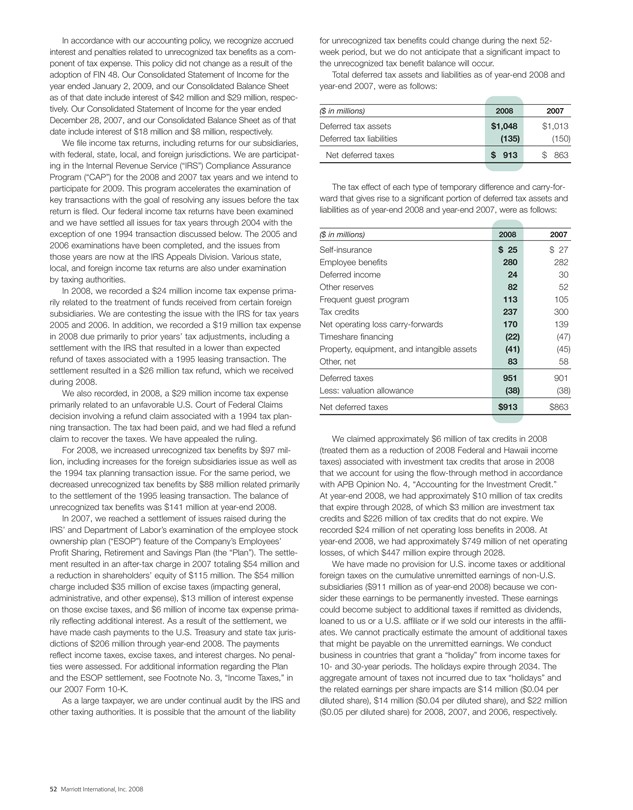Proposed Changes in Accounting Treatment of Stock Options Prompt Review of Stock Plan Design (Tax
Post on: 2 Август, 2015 No Comment

Proposed Changes in Accounting
Treatment of Stock Options Prompt
Review of Stock Plan Design
By Cindy Schlaefer. a partner in the Palo Alto office of Pillsbury Winthrop Shaw Pittman LLP specializing in employee benefits and executive compensation. If you have or can obtain the Acrobat Reader. or have an Acrobat-enabled web browser, you may wish to download or view our August 2003 Tax Bulletin (a 473K pdf file), containing a printed version of this article and also available via ftp at:
- ftp.pmstax.com/gen/bull0308.pdf.
This bulletin concerning state and local tax matters is part of the Pillsbury Winthrop Shaw Pittman Tax Page. a World Wide Web demonstration project, no portion of which is intended and cannot be construed as legal or tax advice. Comments are welcome on the design or content of this material.
Introduction
T he proposed requirement that companies expense stock options, combined with the challenges presented by a depressed stock market and greater scrutiny of equity compensation practices by institutional shareholders, has created a shift in focus away from traditional stock options to alternative kinds of equity compensation awards. The recent announcement by Microsoft that it will discontinue stock option grants in favor of restricted stock awards is one prominent example.
T he Financial Accounting Standards Board (FASB) tentatively concluded in April that stock-based compensation should be recognized as an expense in a company’s income statements based on the fair value of the awards. In the last two months, FASB has reached further tentative decisions involving the method for reversing cost associated with forfeited options, and a consistent method of accounting for employee and non-employee stock compensation. Draft rules may be published by year end, and final accounting standards may be in place by early 2004.
A requirement to expense stock options will make accounting treatment less of a consideration in the design of executive and director compensation. Companies should have more latitude to design equity compensation programs that are more directly tied to the achievements and performance of the companies and more effectively create and maintain shareholder value, while preserving retention value in a down market.
How Does Expensing Work?
U nder current standards, treating the fair value of stock options as a charge against earnings is the preferred, but not required, reporting method for employees and directors described in FASB Statement No. 123, Accounting for Stock-Based Compensation (FAS 123).
U nder FAS 123, the fair value of an option is measured using an option-pricing model that takes into account the stock price at the grant date, the exercise price, the expected life of the option, the volatility of the underlying stock and the expected dividends on the stock, and the risk-free interest rate over the expected life of the option. The Black-Scholes option pricing model takes into account these factors in valuing an option and has been used by most companies to value their stock options for SEC disclosure purposes. Critics argue that this is an inappropriate method of measuring the real value of an employee stock option because the Black-Scholes option pricing model was not designed to value compensatory stock options, does not adequately account for the risk of forfeiture of the stock options if service vesting is required, and results in a high stock option value (as a percentage of the market value of the underlying company stock) if the market price of the company stock is volatile (which is usually the case with technology company stock).
How Does Expensing Differ from the Current Treatment?
I n lieu of expensing, employers are currently allowed to account for stock option grants to employees and directors under Accounting Principles Board Opinion 25, Accounting for Stock Issued to Employees (APB 25). APB 25 measures compensation cost as the excess, if any, of the fair market value of the stock at the grant date or other measurement date over the exercise price. Stock options with a fixed exercise price equal to fair market value at the date of grant result in no compensation expense. [fn. 1 ]
H owever, the inclusion of certain features in the option agreements (e.g., performance-contingent vesting or net exercise payment method where the employer withholds shares to cover the exercise price), and modifications to outstanding options (e.g., extension of post-termination exercise period or repricing to current fair market value), could result in charges to earnings, including variable accounting (where additional charges are taken each reporting period to reflect increases in the fair value of the stock over the exercise price).
If Options Have to Be Expensed, How Will They Compare with Other Kinds of Equity Awards?
U sing the current expensing rule — FAS 123 — as a basis for comparison, here are alternatives that companies will be considering:
- Stock SARS – Stock appreciation rights (SARS) entitle the holder to receive the appreciation in value of a share of stock – in stock or cash – without paying an exercise price. If the SAR is payable in shares of stock rather than cash, the compensation cost would be fixed rather than variable – the same as options. However, fewer shares would have to be issued as compared to a stock option award, resulting in less dilution. And because there is no exercise price, there is no issue regarding provision of loans or cashless exercise methods that are problematic for public companies under Sarbanes-Oxley.
(Note that SARS or other stock-based awards payable in cash would still be subject to variable accounting, even under FAS 123.)

Institutional shareholders encourage grants of restricted stock that are subject to performance vesting. While performance vesting would have triggered variable accounting under APB 25, it does not affect the fixed cost under FAS 123.
Public companies should also note that grants of restricted stock are generally not exempt from the $1 million limitation on tax-deductible compensation applicable to public companies under Internal Revenue Code section 162(m). However, if the grant itself or the vesting is performance based, the exemption may be available.
Grants of restricted stock are taxable when the shares vest, based on their value at that time, unless the recipient makes an election under section 83(b) of the Code to include the value of the shares in income at grant (with future appreciation eligible for capital gain treatment).
As long as the award is payable only in shares of stock (and not cash), the award is accounted for the same as restricted stock – that is, a fixed charge at the date of grant equal to the value of the shares – or units – allocated to the recipient. The units may be contingent on performance targets without triggering variable accounting (which would make the units eligible for exemption from the $1 million deduction limit applicable to public companies).
To align the interests of recipients of these awards with the interests of shareholders of the company, the predetermined company goals may be tied to measures that create and maintain shareholder value such as attaining and maintaining a certain market price level for the company’s stock.
Planning Ahead
T here are many considerations that a company should evaluate in connection with the grant of equity awards – including tax, accounting, securities disclosure and reporting requirements, stock exchange shareholder approval rules, investor relations and corporate governance issues. It is therefore critical that companies and their advisors re-examine their stock plans to make sure they are flexible enough to allow the company to design equity compensation awards that will support the company’s business and strategic objectives.














